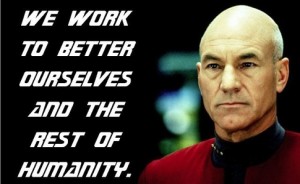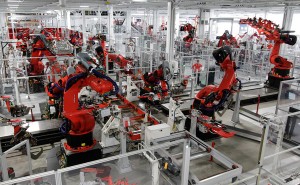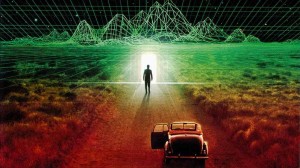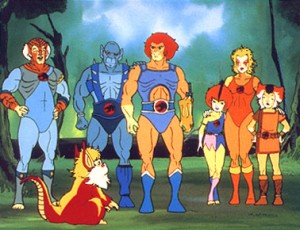 I’m still hearing about the NSA “scandal”. Sigh.
I’m still hearing about the NSA “scandal”. Sigh.
>some people don’t fancy being treated like a criminal
When we ask people to remove their veils/masks/whatevers for photo IDs, we aren’t treating them like criminals. This seems like the reverse of the “If guns are outlawed only outlaws will have guns” argument. If everyone’s information is public, no one is being treated like a criminal. This would have the advantage of publicizing the same records of everyone who works at the NSA/FBI, lawmakers, etc. Radical Transparency isn’t about giving more power to the elite, it’s about spreading that same power to everyone.
>Cardinal Richelieu understood the value of surveillance when he famously said, “If one would give me six lines written by the hand of the most honest man, I would find something in them to have him hanged.
Society can end up being constructed in such a way that it is impossible not to break the law going about your daily business. In such a case if they want to get you they’ll get you anyway, unless you’re willing to go full-Taliban and live in caves/forests without any modern devices. Hiding under “anonymity” only gives a false sense of security and gives those at the top more power. Possible solutions include preventing such a state in the first place (unlikely), believing that the “jury of your peers” system works well enough to stop such crap (which we use right now, and seems to be working fairly well), and exposing everyone to such scrutiny so everyone realizes just how silly it is (the Radical Transparency option).
Really, allowing the hiding of transgressions in a society where everyone must break laws only strengthens the most powerful actors – those most able to hide their own transgressions and reveal the transgressions of others. The way to increase the power of the poor working class shmucks would be to spread transparency so the elites no longer have that ability.




 Children have no taste at all. It is why they are constantly successfully marketed cheap crap. You don’t realize this until your taste grows. As a kid, I loved ThunderCats. A couple years ago, I decided to go back and watch it again. Word of warning to anyone thinking of doing this – just keep your happy memories. Upon review you will be sorely disappointed that what you loved so much is actually complete garbage.
Children have no taste at all. It is why they are constantly successfully marketed cheap crap. You don’t realize this until your taste grows. As a kid, I loved ThunderCats. A couple years ago, I decided to go back and watch it again. Word of warning to anyone thinking of doing this – just keep your happy memories. Upon review you will be sorely disappointed that what you loved so much is actually complete garbage.


